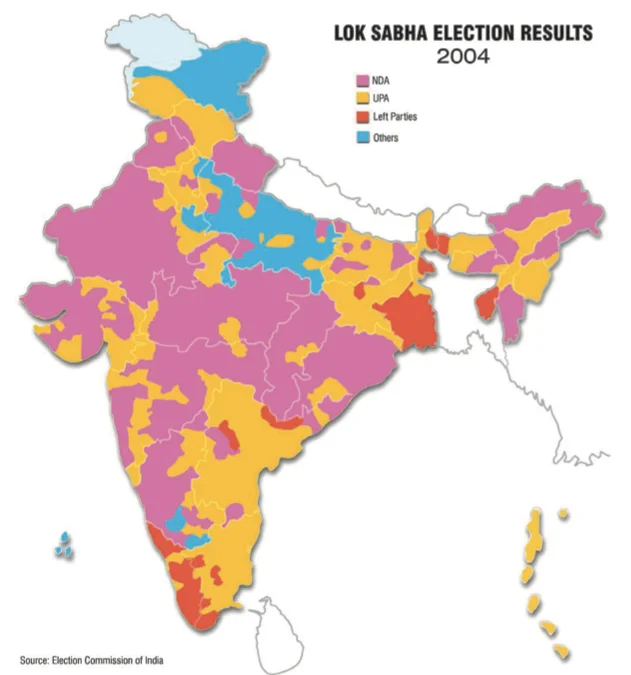![]() 27 Jul 2024
27 Jul 2024
Other Backward Classes (OBC) are communities other than SC and ST that suffer from educational and social backwardness. These are also referred to as ‘backward castes’. The support for Congress among many sections of the backward castes had declined, creating a space for non-Congress parties that drew more support from these communities. Many of the constituents of the Janata party, like the Bharatiya Kranti Dal, Bharatiya Lok Dal, and the Samyukta party, had a powerful rural base among some sections of the OBC.
Background: Reservations for OBCs have been in place in Southern States since the 1960s, while North Indian states did not implement this policy. In 1978, the Central government established a commission to assess and enhance the living conditions of backward classes.
The 1980s also witnessed the rise of the political organization of the Dalits. In 1978 the Backward and Minority Communities Employees Federation (BAMCEF) was formed. It took a strong position in favour of political power to the ‘Bahujan’ – the SC, ST, OBC, and minorities.
Rise of Religious Politics: Amidst these changes, religious identity-based politics emerged, sparking crucial debates about the core principles of secularism and democracy.
Landmark Divorce Maintenance Case: In a significant legal battle, a 62-year-old Muslim woman, who had been divorced, filed a maintenance case against her former husband. The Supreme Court, in a landmark ruling, sided with her, affirming her rights.
Hindu Rallies and Karseva: In December 1992, organisations supporting the temple’s construction arranged a Karseva, a voluntary service by devotees, to build the Ram temple.

| Must Read | |
| Current Affairs | Editorial Analysis |
| Upsc Notes | Upsc Blogs |
| NCERT Notes | Free Main Answer Writing |
The decline in Congress’s support among backward castes led to a rise in non-Congress parties like Janata Party, which had a strong OBC base. Mandal Commission’s recommendations for OBC reservations significantly impacted Indian society, leading to political and judicial challenges. Concurrently, the rise of Dalit and religious politics reshaped India’s political landscape, marked by Shah Bano case and Ayodhya dispute, culminating in the Babri Masjid demolition.
| Related Articles | |
| Ayodhya Ram Mandir | SUPREME COURT |
| PART – III (CENTRAL GOVERNMENT) | National Commission for Backward Classes |
<div class="new-fform">
</div>